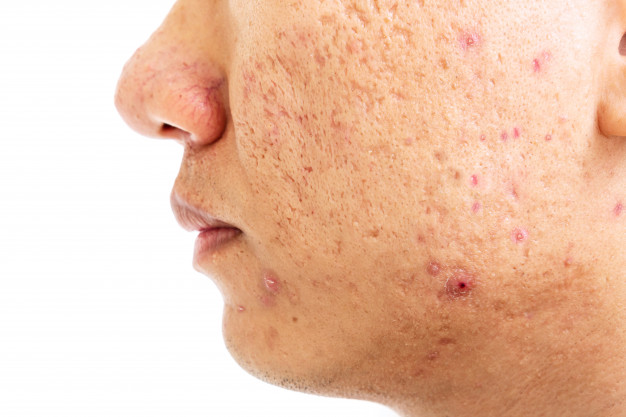
As aging takes its toll, acne scars become more visible because the production of collagen in our skin has been naturally depleted. This is inevitable but it does not mean that we should just sit back and watch while nature takes its course.
Acne scars form when the skin pores are damaged from the swelling caused by cystic acne. This usually is most prevalent during puberty when your hormones are very high, causing pimples and cysts to form. Normally, pimples that heal properly will not leave a major scar as new collagen fibers are formed. However, in some cases, the damage is so deep that the infected cyst can spill out and cause a permanent scar. These scars can come in many forms, such as ice-pick scars, rolling scars, and box scars.
Oftentimes, if we pop acne with our hands improperly, this can worsen the damage and form a deep pitted scar which can be extremely hard to treat. Bacteria from our hands can also get into the open wound and cause further complications. Acne scar treatment is one of the most difficult things to treat and hence when we do have active acne, it is important to treat the pimples carefully so that we do not form acne scars or PIH (post-inflammatory hyperpigmentation).
For more stubborn acne scars, there are different procedures and treatments that can help: laser therapy, chemical peels, dermabrasion, dermal fillers, and surgery among others. You can also use home remedies if you are not ready for or if you have not found the right medical treatment yet.
For more information check out https://veritas.com.sg/acne-scars/
Even though over-the-counter remedies do not offer instant treatment of pesky acne scars, most of these products have gone through years of research and testing to prove their efficacy. If used correctly and consistently, these can also help reduce the appearance of acne scars.
Salicylic acid
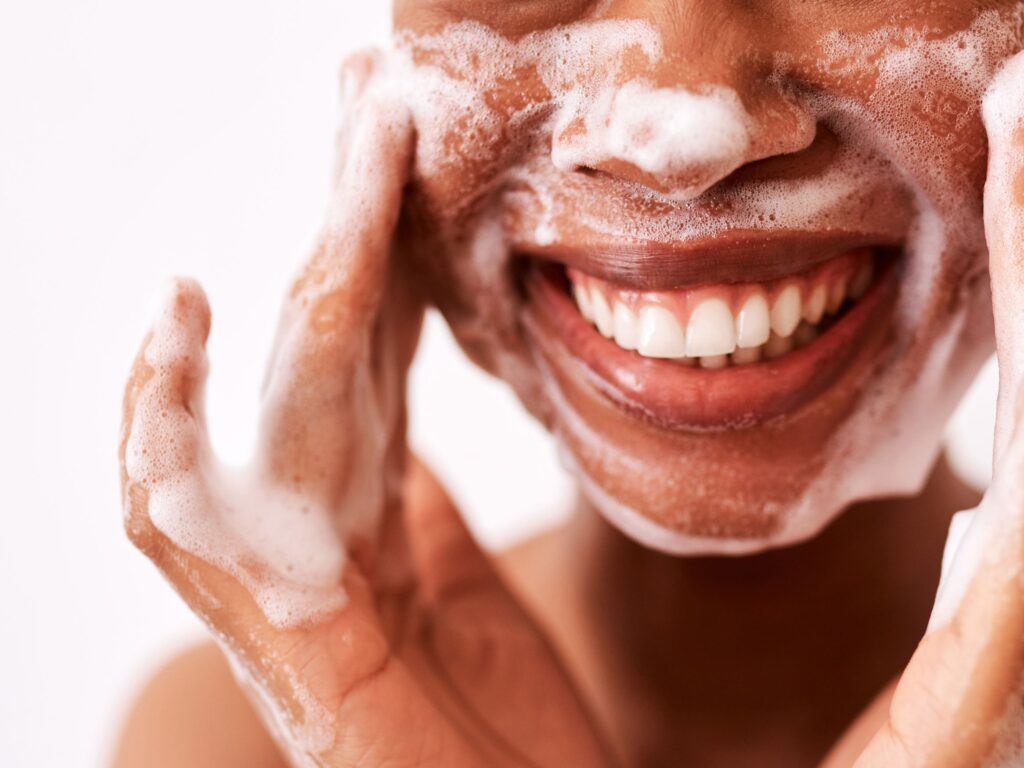
Salicylic acid is perhaps one of the most famous anti-acne ingredients. It is effective in removing dirt from pores and reducing redness and swelling. Dermatologists agree that it is safe to incorporate salicylic acid into your daily skincare routine but take note: salicylic acid is known to cause skin irritation or dryness so if you have sensitive skin, try to use it sparingly or only as a spot treatment.
Lactic acid
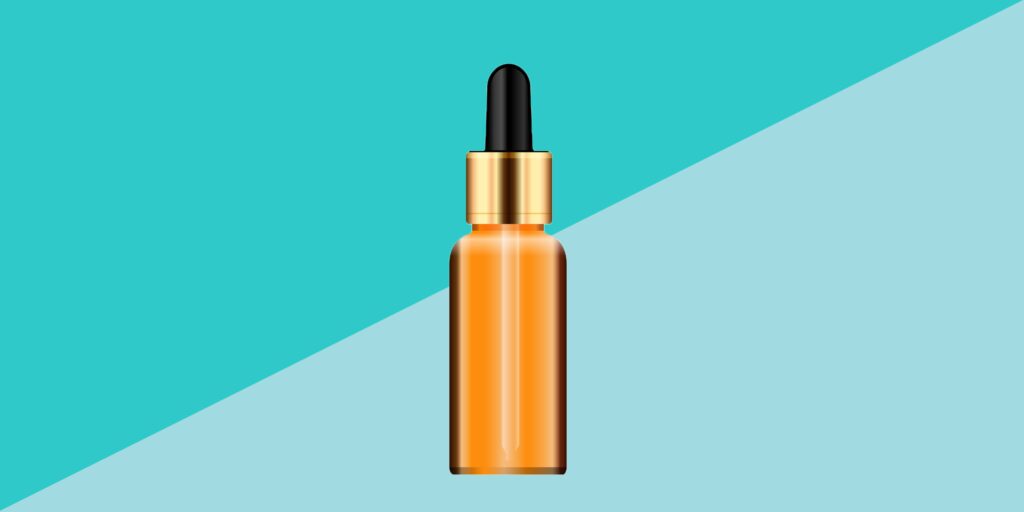
Lactic acid is great at removing dead skin cells. This ingredient is available in different products – toners, serums, and peels – but if you are looking to go all-natural, you can dilute a portion of apple cider vinegar in distilled water and use it as a spot treatment or toner.
Retinoids
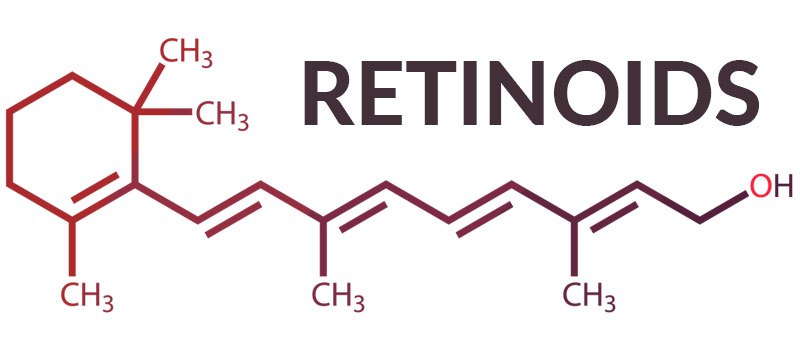
Topical retinoids are used to improve the surface of damaged skin as it actively speeds up the process of cell regeneration. Retinoids also target skin discoloration but the downside, you might be a bit more sensitive to the sun. This is why dermatologists recommend that patients who use retinoids wear sun protection when heading outside. If needed, you can also ask your dermatologist to prescribe you a product with higher levels of retinoid.
Alpha hydroxy acids (AHAs)
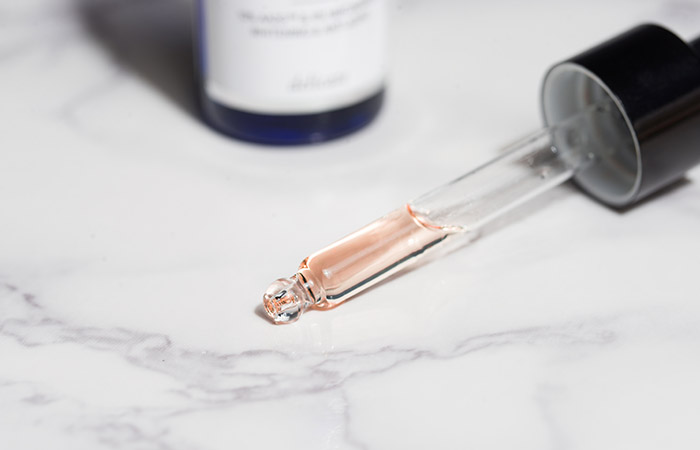
This mild acid helps clear the pores of oil and dirt. It works by removing the dead skin cells from the surface of the skin to reveal a healthy layer of skin.
Sunscreen

Trust us on this: sunscreen is your skincare game-changer. Wearing sunscreen every day will not give you the smooth and clear skin that you have always wanted but it can help prevent the darkening of acne scars, also known as post-inflammatory pigmentation. As a matter of fact, sunlight is the culprit that causes that specific type of pigmentation because sun exposure triggers melanin production and melanin is the pigment that gives skin cells its dark color. The difference between using sunscreen and not is significant and you will notice it a few months after incorporating sunscreen into your daily routine.
Unfortunately, there is no quick fix when it comes to acne scars. Even medical treatments can take up to several sessions (spaced months apart) before the results are apparent. Following a routine that involves different products can be really tedious, but the key is to be patient and consistent all throughout. If your dermatologist recommends a treatment plan, stick to it as diligently as possible in order to get your desired results.
Aside from making changes on the outside, you should also take note of what you put in your body. If you are a fan of oily and sugary foods, then it is about time that you rethink your diet. There are specific foods that can make the rate of your blood sugar rise quickly, and when this happens, your body copes by producing insulin. The problem is, having too much insulin can trigger the oil glands to produce more oil, and that increases the risk of you getting acne. Sugar, white bread, white rice, and pasta are called “high-glycemic” foods because these are known to amp up the production of insulin. If you cannot avoid these foods, you should aim to, at the very least, limit your consumption to the bare minimum. You should also eat foods that are made up of complex carbohydrates such as legumes, whole grains, and fresh fruits and raw vegetables. Foods that are high in zinc, vitamins A and E, and antioxidants should also be taken as they can reduce inflammation, including those that are caused by acne and acne scars. But of course, before making any change to your diet, you should consult first with your doctor or dermatologist to ensure that the changes you are planning to make will not be detrimental to your health.
While home remedies and a change in diet can be beneficial to improving your skin’s health, they do not guarantee to banish stubborn acne scars completely. To get more expert advice on the removal of acne scars permanently, consult with Veritas Medical Aesthetics.








